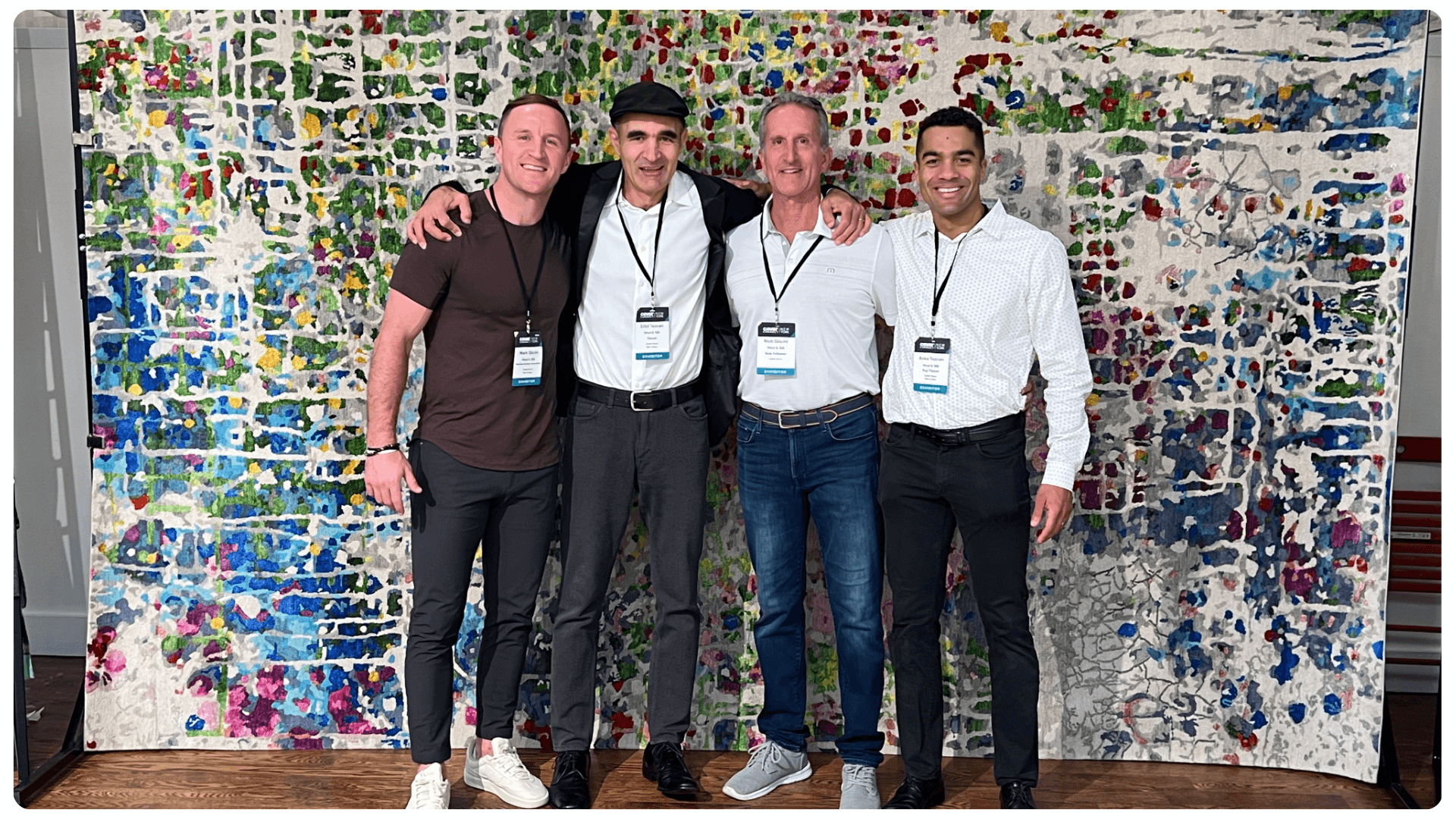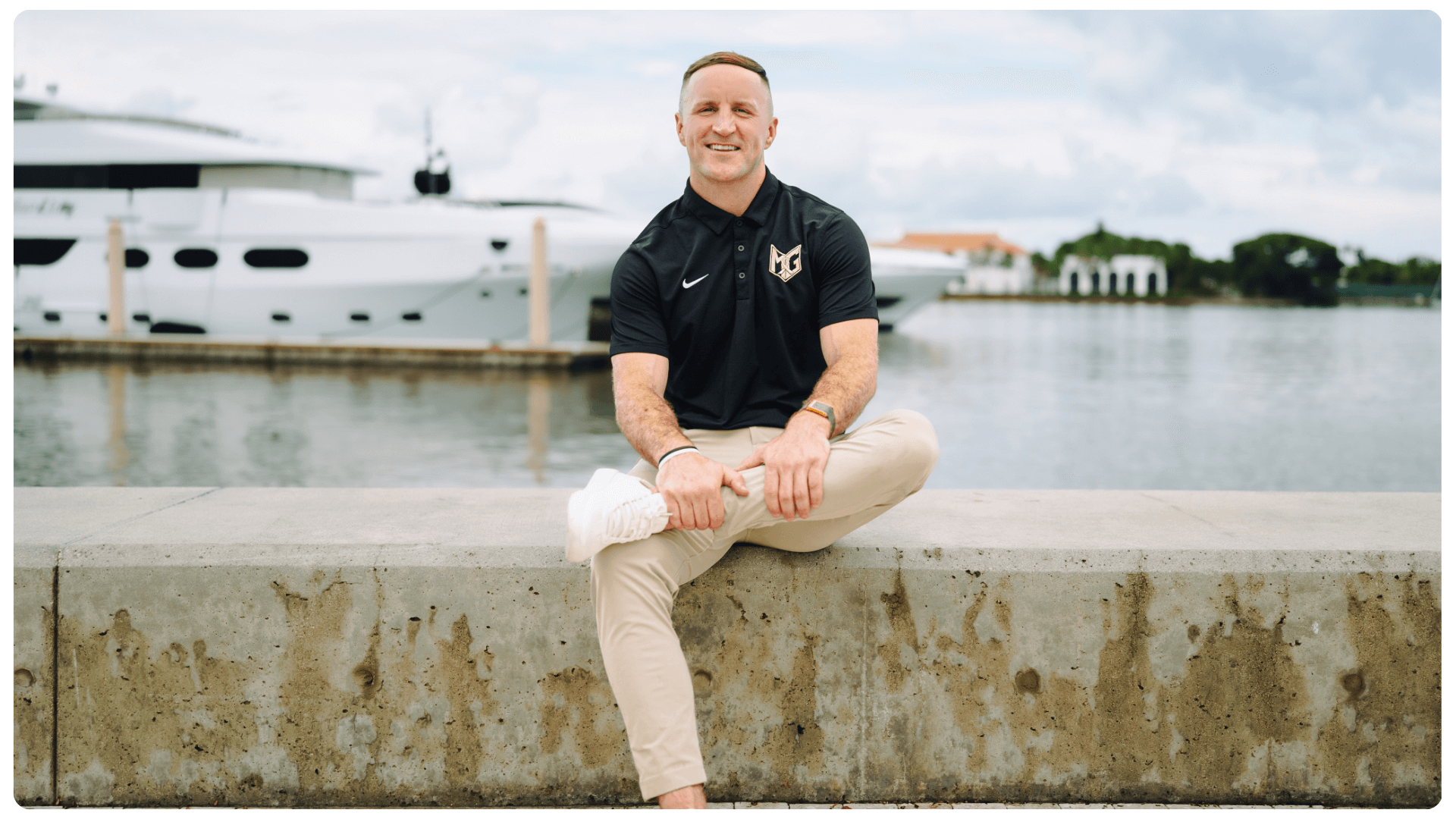Compete to Your Standard, Not a Scoreboard
Recently, a client asked me, “Is it good to have expectations?” She felt presuming outcomes led to more stress, not less.

In depth psychology, Carl Jung pointed to four layers of a person: (1) persona, (2) ego, (3) self, and (4) shadow.
When these are well-integrated, an individual becomes socially accepted, societally successful, and spiritually sound. If disintegrated, someone would likely experience more suffering, failure, and isolation.
“Until you make the unconscious conscious, it will direct your life and you will call it fate.” — Carl Jung, 1 of 3
The outer layer of persona refers to someone’s social mask. When walking into a bank or a grocery store, a healthy persona allows someone to engage with others at a superficial yet kind level. Nothing deep is shared. Very few, if any, probing questions are asked or answered. Rarely would anyone elaborate beyond, “Hello!” “How are you?” “What do you think of the weather these days?” If a person’s persona remains undeveloped, he or she might shy away from eye contact or any interaction altogether.
The layer beneath persona, according to Jung, is ego: that which compares. Its main objective is to be right, to win, or both. Someone’s ego urges him or her to constantly compare themselves to others. Ego is as competitive as it is comparative. The Latin root of ego is “I.” When someone acts solely based on ego, he or she will embody, “I want this, that, or all of these things, no matter what.” From an outside perspective, others view this egotistical stance as selfish. A well-integrated ego shows up as individuals comparing themselves to who they used to be and to who they could be, instead of to those around them. Someone with a healthy ego competes for morally appropriate intangibles such as generosity, reciprocity, and service. An evolved, mature individual understands that a loss in business or in sport could result in a death of his or her ego… not an actual, life-threatening, physical death.
Deeper than persona and ego, an individual’s true authentic self lies planted. Through introspection, reflection, and loving connections, someone’s self begins to blossom. Each self is beautiful, loving, and full of truth. When it is shared amongst appropriate atmospheres, in encouraging environments, and within romantic relationships, the self is adored and admired. A flourishing self requires courage, vulnerability, and openness. Trauma often suppresses it. Judgment makes it dormant. Past hurt keeps it veiled. However, psychological safety (as found in deep discussion with trustworthy friends) nurtures the self to sprout, to grow, and to contribute.
The final layer, shadow, must be merged into the self in a healthy and well-integrated manner or else it shows up as wicked behavior. Aggression or creativity, hostility or vitality, dark urges or brilliance — if unacknowledged and repressed, someone’s shadow will oftentimes materialize as the former entities above, as immoral actions. When its enormous energy is channeled appropriately, a shadow expresses as charisma, enthusiasm, and purpose-oriented passion. Chronic stress, adverse childhood experiences and severe traumatic events could cause disintegration, whereas a safe and free upbringing and relationship of truth-sharing, heartfelt touch, and compassionate understanding call forth the best parts and the artistic expression of one’s self through the shadow.
“Knowing your own darkness is the best method for dealing with the darkness of other people.” — Carl Jung, 2 of 3
A house under construction is full of dirt, dust, and deep uncomfortable work.
A home well-understood allows for adventurous additions, clear choices, and persistent play.
Is our psychological architecture sturdy, safe and sound?
“The stone that the builders rejected became the cornerstone.” - Psalm 118:22
A person who searches outside for all the answers neglects his or her own foundation; therefore, it remains unstable. Like sand, it blows away in storms of adversity. A person who looks and listens within fortifies his or her foundation; therefore, it becomes secure. Like stone, it stay steady in storms. External noise will constantly project unrealized dreams, preoccupied worries, and natural doubts from those who do not truly know us; internal signal delivers messages, songs, and suggestions worth paying attention to.
—
Every story makes sense with enough information.
For example, when a person approaches a growling puppy, he or she is quick to judge: “What a mean and nasty dog!” What if the reason for this reaction from the dog is its only way of saying, “Please don’t come any closer to me. Last time someone came that close, they hurt me.”
All cures come from curiosity.
The story is there — we just have to be able to read it.
A similar story I see often in sports revolves around disintegrated persona, ego, or shadow. Athletes on a team are unwilling to vulnerably share who they are, what’s most important to them, what’s happened in their past, and why they play.
Fears are kept secret.
Desires are depressed.
When I observe this in locker rooms, I exclaim statements along these lines: “We are afraid of the wrong thing. We are afraid of sharing our past wounds, recent failures, and true opinions…as if nobody else could ever relate. We’ve all been hurt. We’ve all failed. We all care, but right now, we care too much about the wrong things. We should be afraid of not being connected. Show me teammates who do not know and do not care about each other deeply… and I’ll show you a team that will lose late in the season. Faulty foundations fall. Love wins one-goal games!”
Effort must not only be given in the weight room, during practice, or on game-day. Effort must be given toward communication, connection, knowing oneself and one another. We more connected we become, the more protected will be, especially under pressure.
A skill is not truly acquired until it holds up under pressure. What about the skill of relationship-building?
The deeper the roots of a relationships become, more we will fight for one another, instead of fight with one another.
Think about someone beautiful in your life. Think about how loving that person is. Think about how truthful he or she is. How far are you willing to go to protect, help, and serve that person?
That’s the byproduct of understanding our own and each other’s true authentic self.
God is the highest concept good. What are our core values? Which intangibles do we admire most? Which characteristics, qualities, and traits do we revere? The combination of those answers could be interpreted as a collage of God, to us. The reason why self-discovery and knowing God are so deeply intertwined: there’s only one.
“You are beautiful because you are fearlessly and wonderfully made…” - Psalm 139:14
One of the most brilliant energies we possess is authenticity. It derives from auto, which means “one’s own” or “self”.
One piece of advice we hear often growing up: “just be your-self.” Do we truly want to be anyone else? Do we understand that self-awareness is a prerequisite for love? Do we see how making the unconscious conscious will lead to what’s beautiful?
Seek beauty.
Give love.
Tell the truth.
“The privilege of a lifetime is to become who you truly are.” — Carl Jung, 3 of 3
— MG
Mark is a Certified Fitness Trainer, Nutritionist, and Mental Performance Coach. He is currently pursuing a graduate degree in Sport & Performance Psychology at the San Diego University for Integrative Studies.
At Mark Glicini Peak Performance, we recognize that physical health reflects mental health. We study how intention drives behavior and emphasize that true peak performance requires an integrative approach—mind, body, and spirit.
As the Mark Glicini Meaningful Growth Foundation embarks on a journey of endurance and togetherness against the trials and tribulations brought upon by cancer, I state: every inch of my heart is in this.
Like so many, cancer has had a profound impact on my life. It took the lives of my grandfather and uncle before I was born. For years starting in 2011, I stood by my mother’s side as she battled and overcame lymphoma. Her fortitude, unwavering support from loved ones and God’s will triumphed amid extreme adversity.
Although we have not and may not win every fight, we will relentlessly strive to make an individual’s growth meaningful and to ensure his or her family feels cared for and supported. Thank you for your love, God Bless!

Recently, a client asked me, “Is it good to have expectations?” She felt presuming outcomes led to more stress, not less.

If the path we take is set by someone else for us, every step we take gets us to the wrong place faster.

For every path we choose, we forgo another, usually forever.